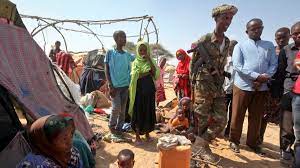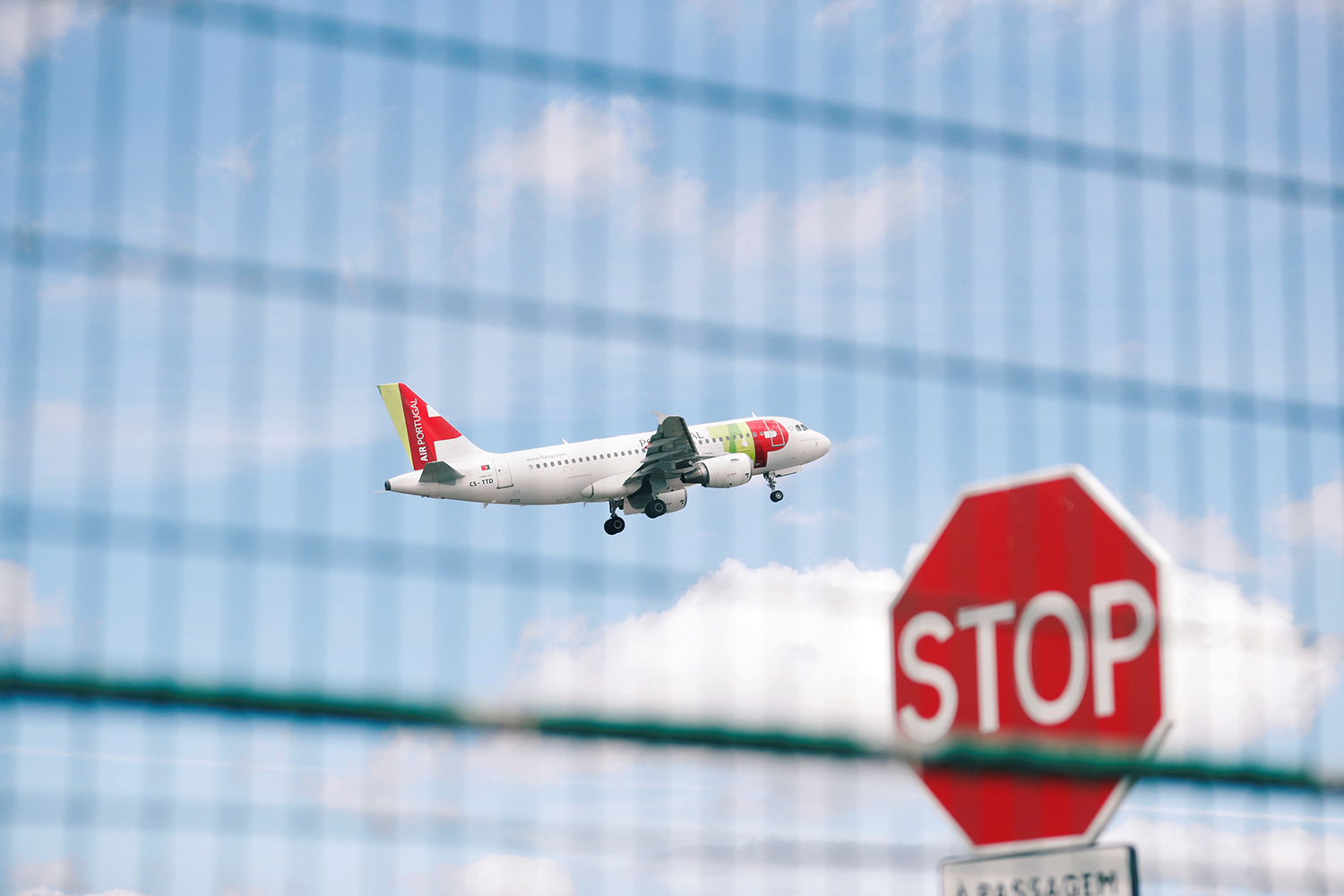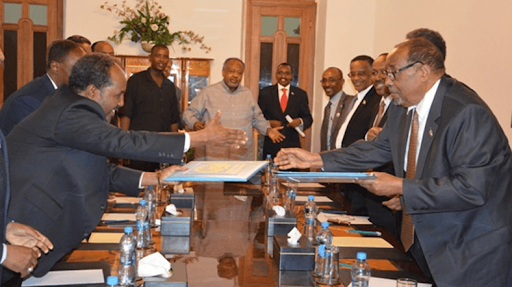Years of political instability, prolonged violence and humanitarian crisis have left people in Somalia highly traumatized, a new health study said, as the country’s military officials reported Thursday that 69 al-Shabab militants were killed in two separate military operations in southern and central Somalia.
Mental or psychological disorder is prevalent across Somalia, with the cases about 77% higher than 40% reported in a previous study by the World Health Organization (WHO), according to the joint study by the United Nations, Somalia’s health ministry and the country’s national university. “There is a high prevalence and wide range of the various mental disorders (76.9%), substance abuse disorders (lifetime, 53.3%; current, 50.6%) and poor quality of life in both non-clinical and clinical populations,” the study said. The data were collected in late 2021 in three towns that host internally displaced persons who have been impacted by conflicts, and droughts which forced the pastoral communities to migrate to urban locations in search of food, water, and safety.
“Conflicts and clashes have brought about mental illness because we face many of these challenges in our country,” a young person in Kismayo who was interviewed for the study told the researchers. The study was published just as the Somali military announced that “in a joint operation conducted by the National Army, allied clan militia and international partners in the Middle Shabelle region, at least 49 militants were killed.” Government soldiers reportedly also seized weapons from the terrorist group. On Tuesday, January 17, the militants launched a deadly attack on a nearby Somali military base, killing at least seven government soldiers, including a commander.



